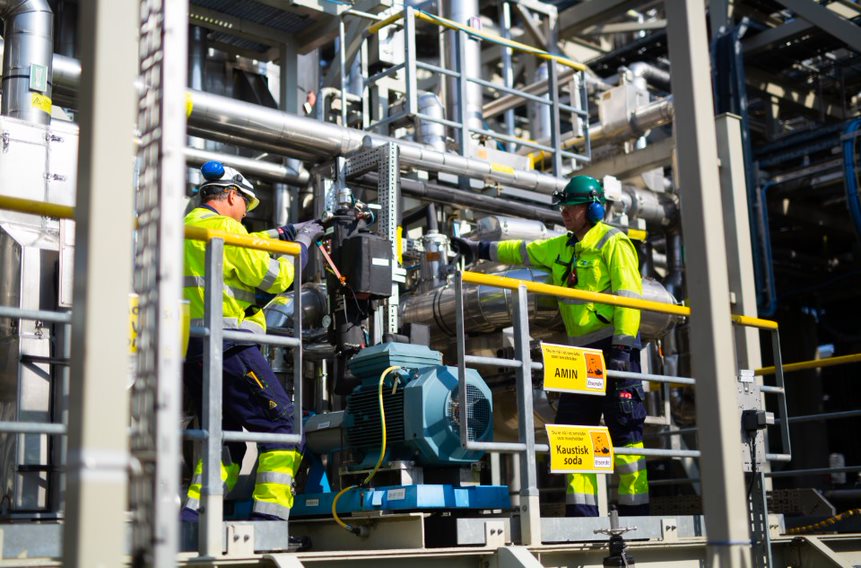
Delivering Net Zero
CCUS is an absolutely critical solution for delivering net zero emissions due to its ability to decarbonise multiple sectors:
- It is one of very few available technologies which can that can significantly decarbonise industries such as iron & steel, fertilizer, cement and chemicals, enabling the production of clean products
- CCUS can enable a source of flexible, low-carbon power generation which will make an important contribution to a resilient net zero electricity mix
- CCUS represents one of the main routes for producing low-carbon hydrogen, which can be used to decarbonised industrial processes, as well as domestic and industrial heating, power and transport.
- For those sectors that will be harder to decarbonise (such as aviation), CCUS also unlocks a key method of greenhouse gas removal, which will be critical to meet climate goals



